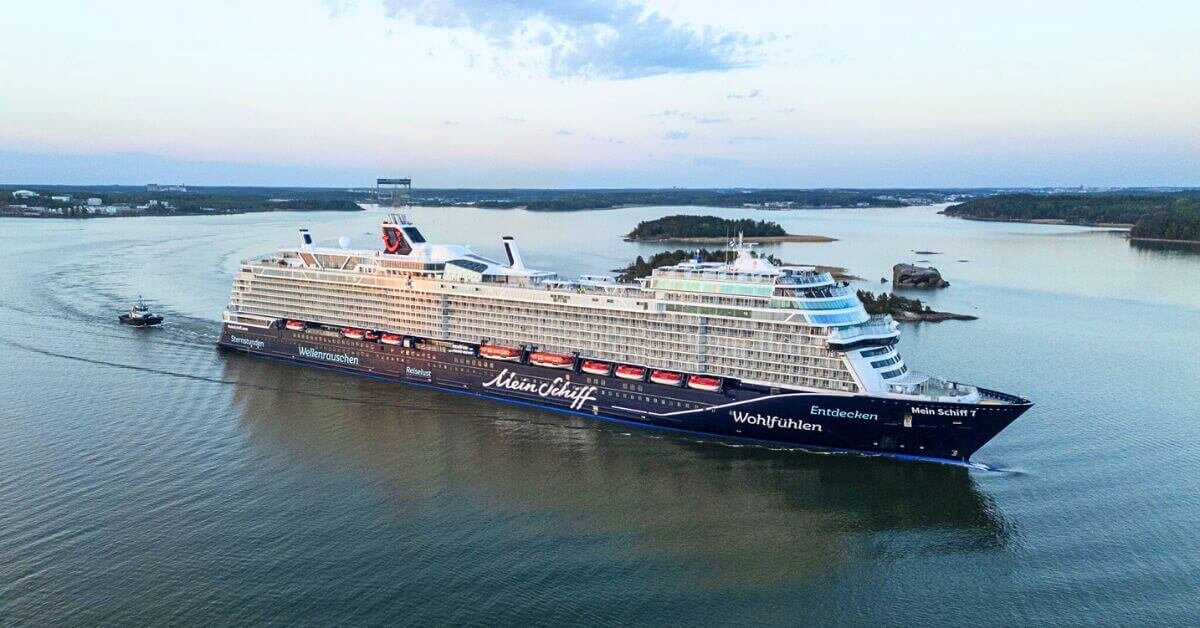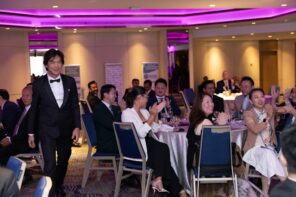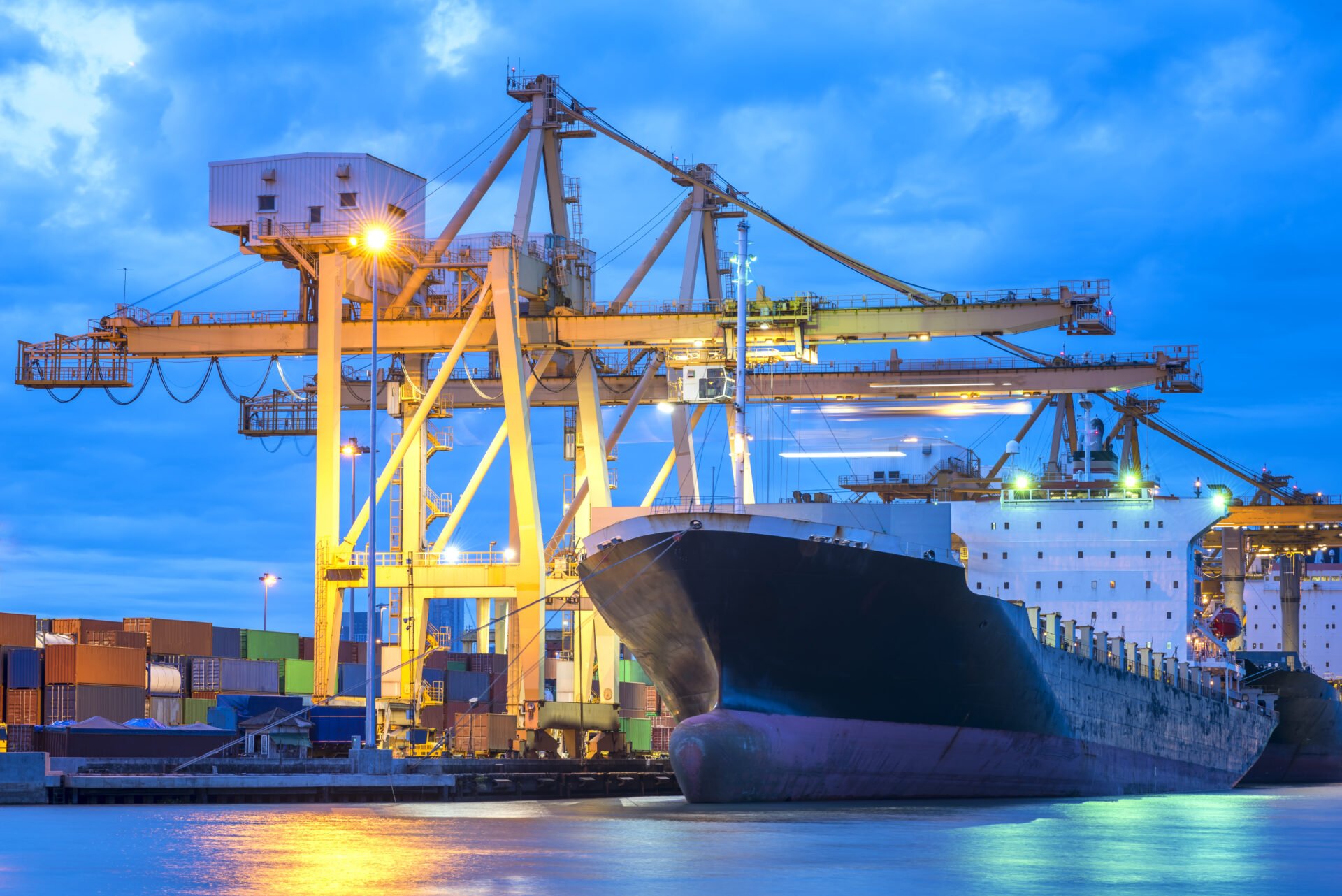Recently, the 21st meeting of the 18th Standing Committee of the Tianjin Municipal People’s Congress reviewed and passed the newly revised “Tianjin Port Regulations” (referred to as the “Regulations”), which will take effect on December 1. The newly revised “Regulations” make clear provisions for promoting the construction of a smart, green, and hub port, facilitating the integrated development of the port, industry, and city, further strengthening Tianjin Port’s support and service radiation capabilities, and better assisting the coordinated development of the Beijing-Tianjin-Hebei region.
Port construction and maintenance are prerequisites for the stable functioning of a port. The “Regulations” specify the strengthening of smart port construction, supporting port operators in using advanced information technologies such as satellite navigation, big data, and the Internet of Things to promote the intelligent construction of port /unloading, transportation, warehousing, and other links; strengthening green port construction, supporting port operators in using clean and environmentally friendly transportation methods, prioritizing clean production methods, upgrading and renovating port operating machinery and other facilities and equipment, conducting ship green and low-carbon fuel bunkering services, and expanding the application scope of new energy sources such as electricity, wind power, and hydrogen energy in the port area; strengthening hub port construction, encouraging port operators and shipping companies to expand the port’s route network, promoting the optimization of port collection and distribution operations, developing sea-rail intermodal transport, and supporting the improvement and expansion of inland logistics networks to enhance the port’s connectivity capabilities domestically and internationally.
The “Regulations” add provisions to promote the deep integration of port, industry, and city. They specify vigorously developing container transport, optimizing logistics services for bulk cargo, cold chain, automobiles, and other cargo types, expanding functions such as warehousing, packaging, processing, maintenance, and transaction settlement, extending the service chain, and increasing the value-added space of port cargo. They support the development of industries such as marine equipment and green petrochemicals, promote the cultivation of industries such as cross-border e-commerce and cold chain, encourage the development of modern shipping services such as shipping brokerage, shipping finance, and shipping exhibitions, and enhance the quality of port-suitable industries and port-proximate economy.
Safety is the bottom line for high-quality port development. The “Regulations” further clarify the requirements for port safety management, particularly stipulating the strengthening of port dangerous goods safety management and accident emergency management. The Tianjin Municipal Port and Shipping Administration will, according to law, formulate emergency plans for port dangerous goods accidents that may endanger the public interest, emergency plans for the evacuation and rescue of passengers in major production safety accidents, and plans for preventing natural disasters, and establish a sound emergency rescue system for major production safety accidents in ports.




